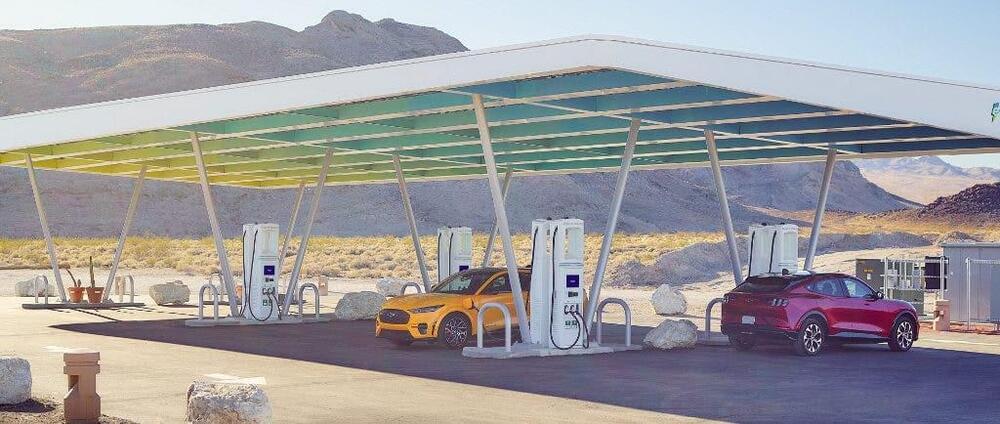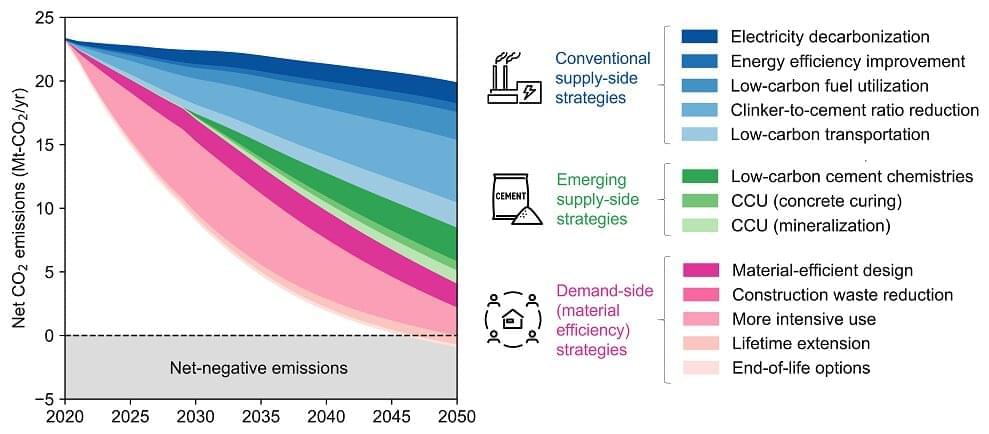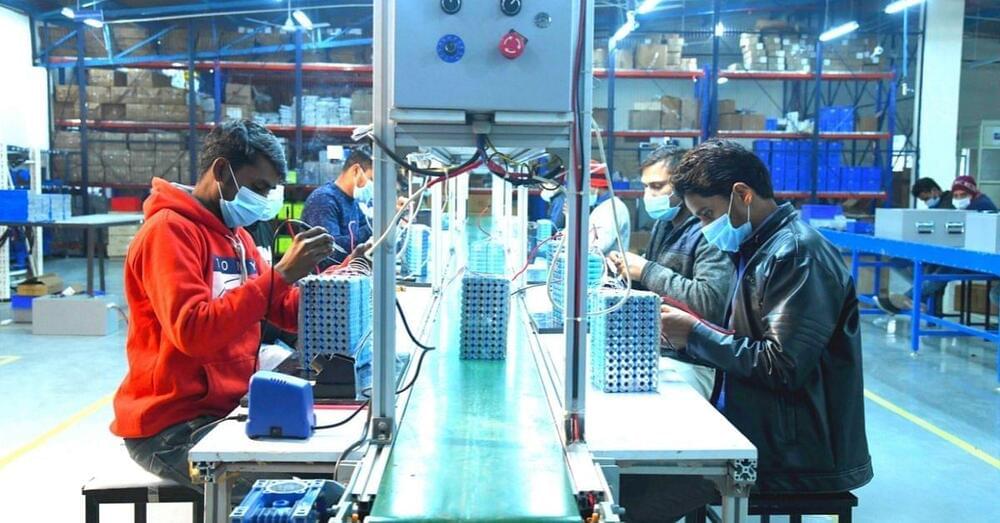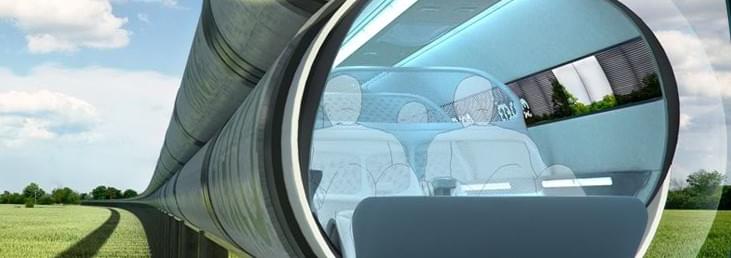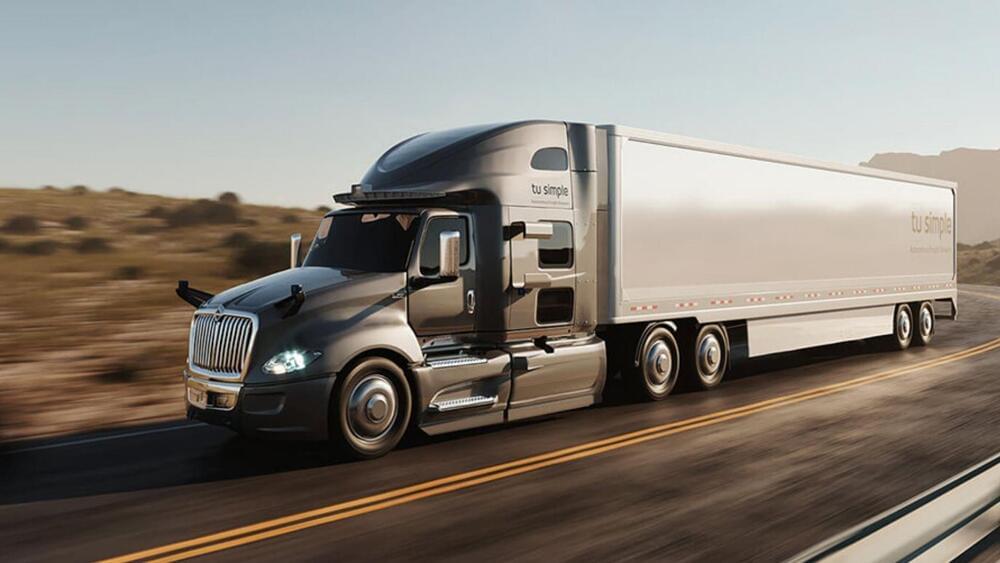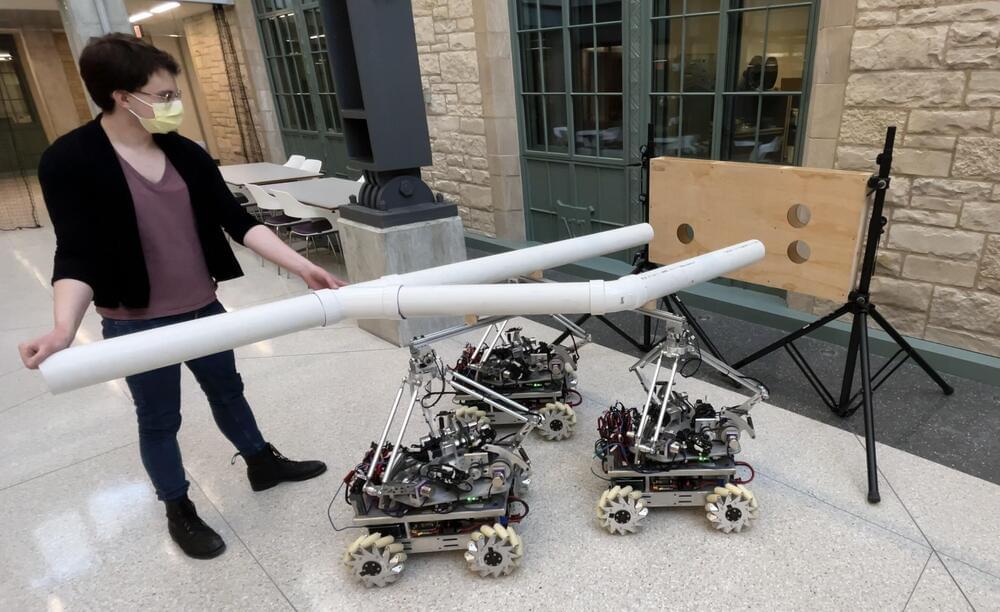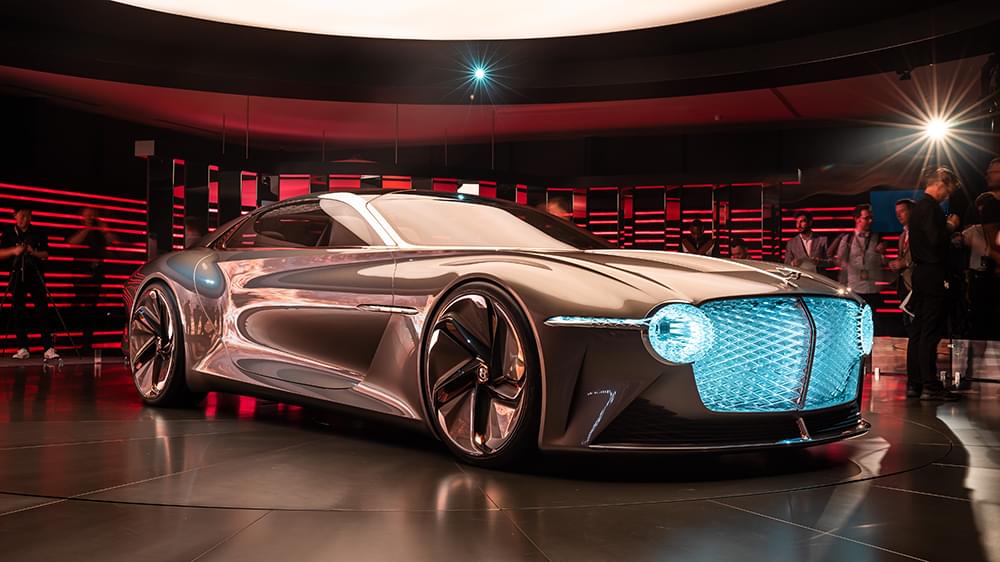Aug 4, 2022
What Are States Planning To Do With Federal EV Charging Funds?
Posted by Shubham Ghosh Roy in categories: economics, energy, law, sustainability, transportation
State plans for the National EV Charging Infrastructure (NEVI) Formula Program were due to the Joint Office of Energy and Transportation this week, and many states released a draft plan for feedback in the last couple of months. The NEVI Program is one of two programs in the Bipartisan Infrastructure Law that provide funding for publicly-accessible electric vehicle (EV) charging infrastructure. Program funds can be used to plan for, install, operate, and maintain EV charging stations along travel corridors, with a focus on designated Alternative Fuel Corridors. Funding under the NEVI program totals $5 billion from 2022 through 2026. Funds will be allocated to states each year for implementation based on a pre-established formula, provided the departments of transportation in those states submit a satisfactory EV charging plan to the Joint Office, with updates to the plan required annually.
So what’s in the draft plans?
I pulled a few draft plans to look at as a starting point, aiming for a cross section of states in different regions, with different politics, with different economic stakes in the EV transition, at different places in EV adoption, with different weather. I couldn’t get quite the representative cross section I wanted because there are still big gaps in which states have released a draft plan. I decided to start with Alabama, California, Texas, and Wyoming.
